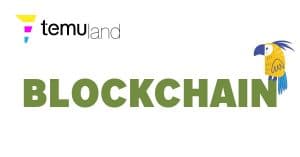Decentralized applications (dApps) are digital applications or programs that exist and run on a blockchain
A standard web app, such as Uber or Twitter, runs on a computer system that is owned and operated by an organization, giving it full authority over the app and its workings.
In the context of cryptocurrencies, dApps run on a blockchain network in a public, open-source, decentralized environment and are free from control and interference by any single authority.
Smart contracts
For example, a developer can create a Twitter-like dApp and put it on a blockchain where any user can publish messages. Once posted, no one—including the app creators—can delete the messages.
Given the ubiquity of centralized apps and our familiarity with them, the question arises whether we even need dApps in the first place. Let’s see what dApps bring to the table and how they fare against their centralized counterparts.
Security
Decentralized systems based on blockchain or other distributed ledger technologies avoid the single point of failure problem inherent to systems that rely on centralized servers. Furthermore, blockchain and DLTs feature robust that make them very resistant to malicious attacks.
Openness
One of dApps’ biggest advantages is that they, unlike centralized apps, are open and permissionless. This also means that there is no censorship in decentralized apps. However, the open nature of dApps has even greater significance when we consider its impact on the development side of the sector.
The fact that all dApps are essentially open source allows for developers to build on top of each other’s work, to combine and recombine different elements from various projects to create new types of applications and services.
Decentralized Applications – dAppsby Jake Frankenfield
What are dApps: A 2021 guide to decentralized applicationsby Dimitar Bogdanov
The only way to control chaos and complexity is to give up some of that control.
Check out these
Complementary products

Oculus Quest 2
at the time of publication

Original BB-8 Droid by Sphero
at the time of publication

The Blockchain Developer
at the time of publication

Antarctic Star Mini Fridge
at the time of publication




